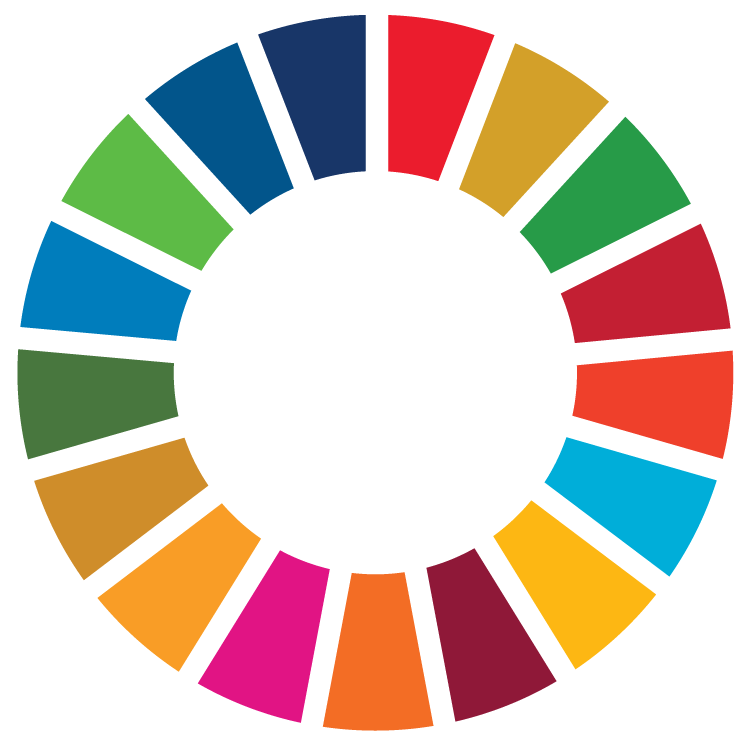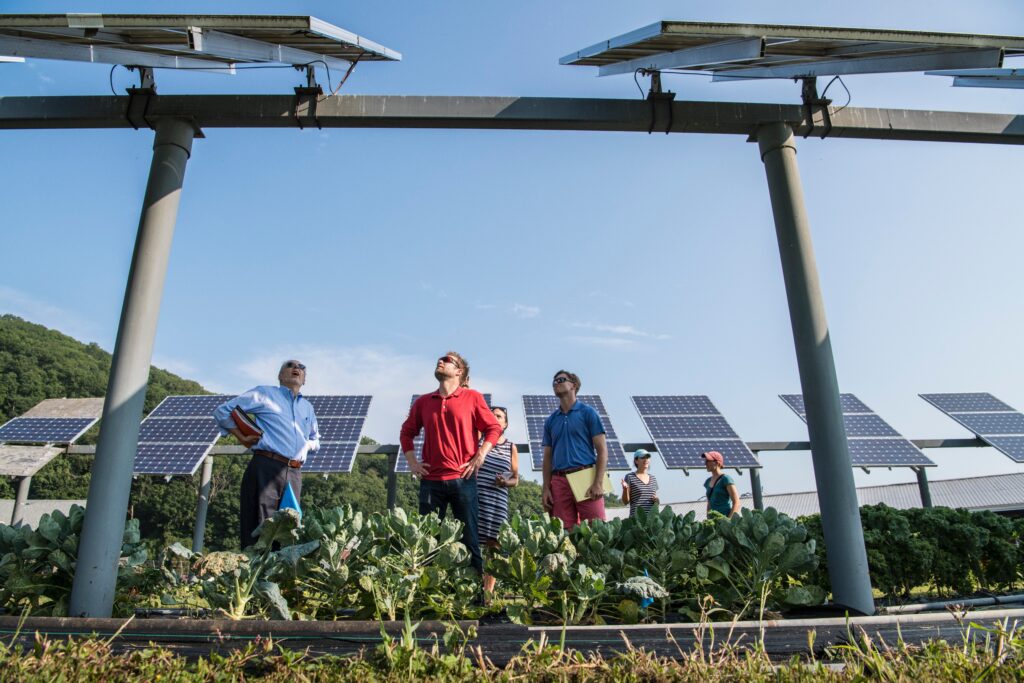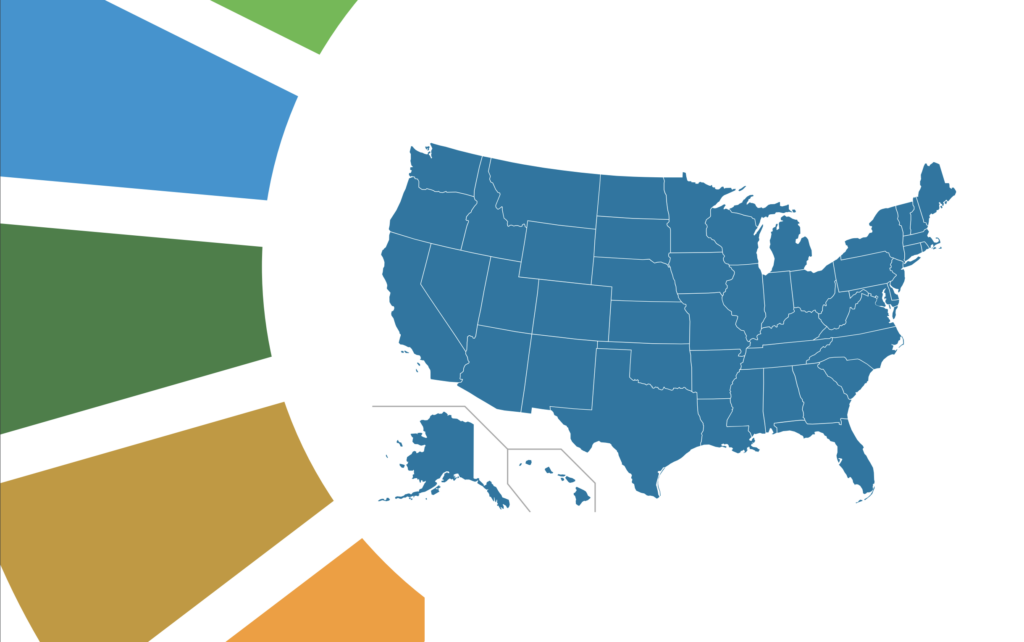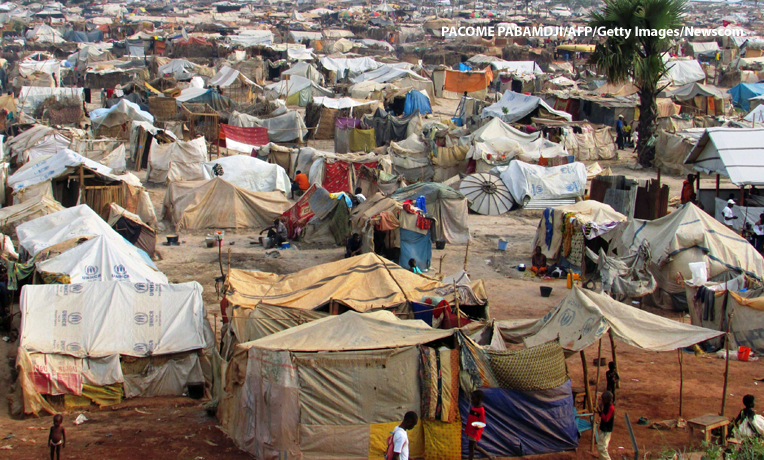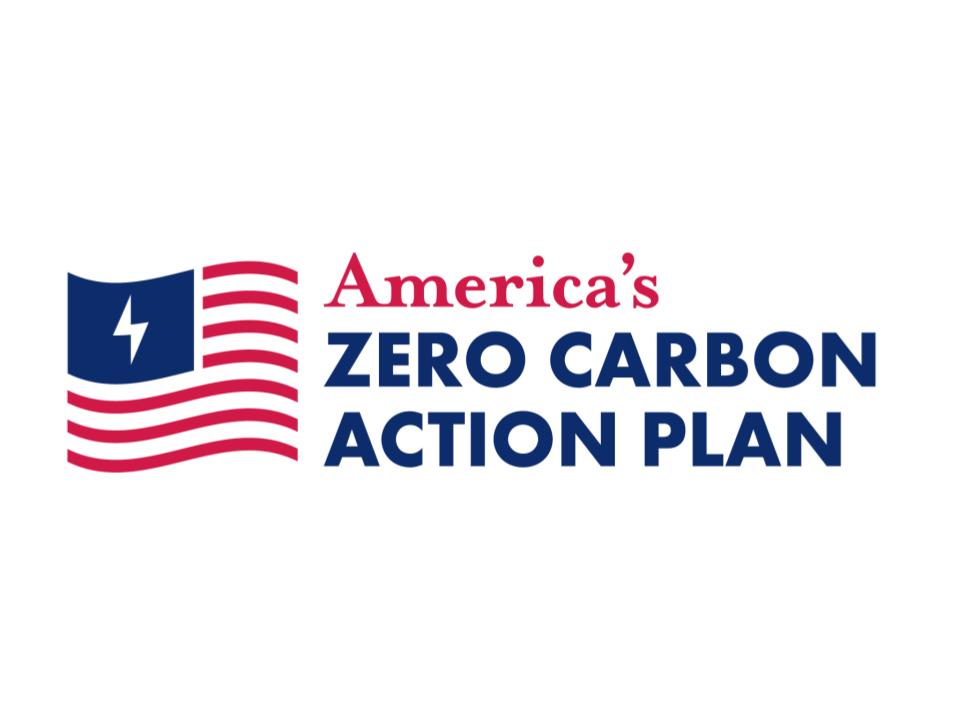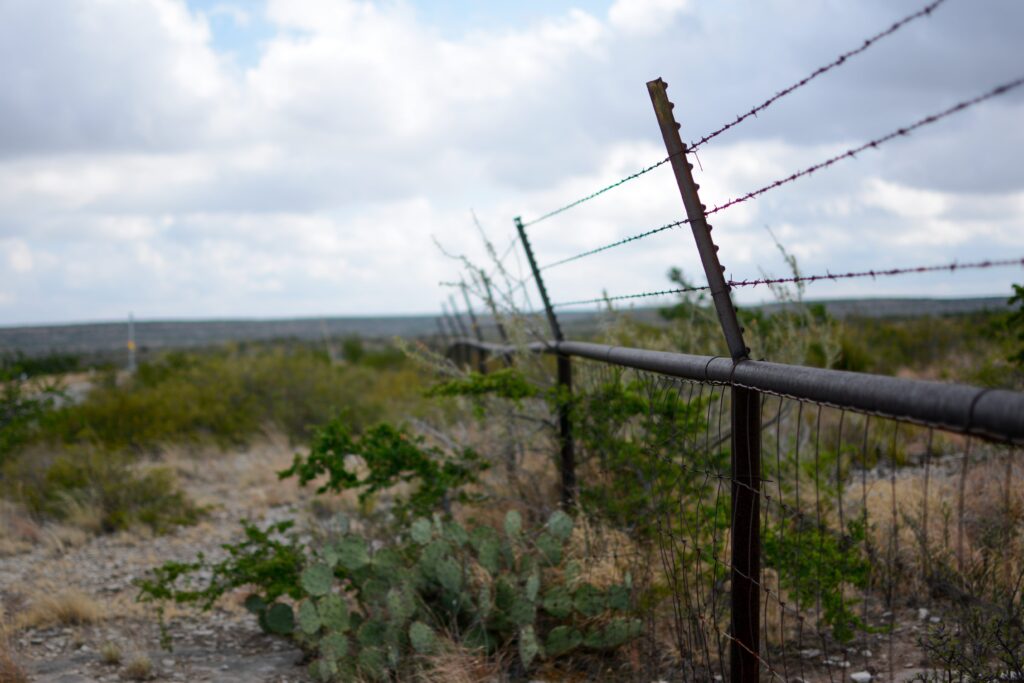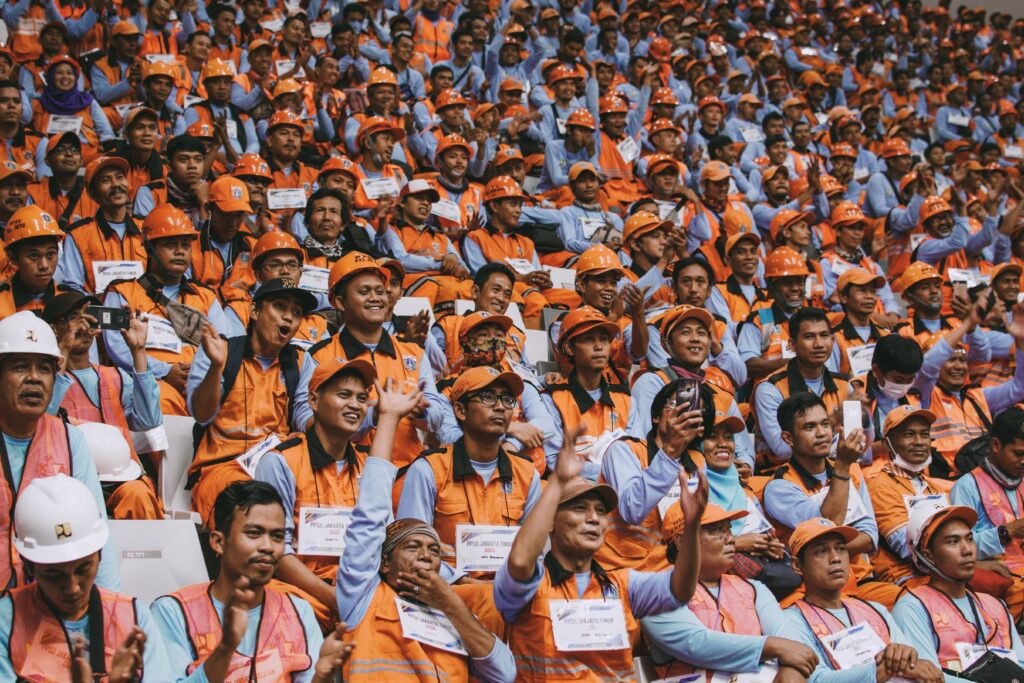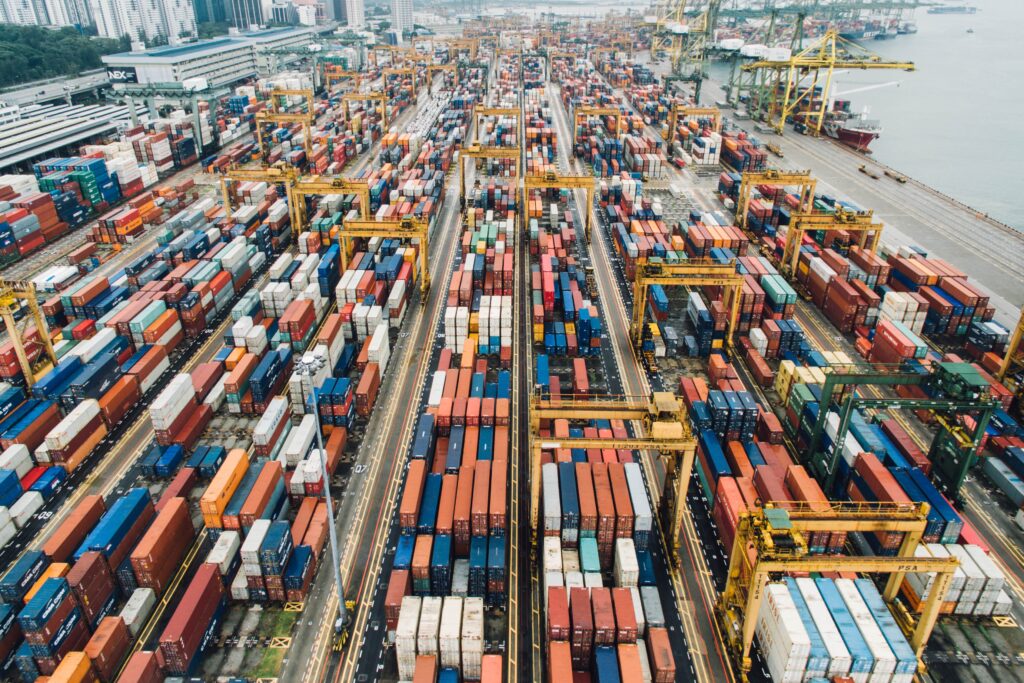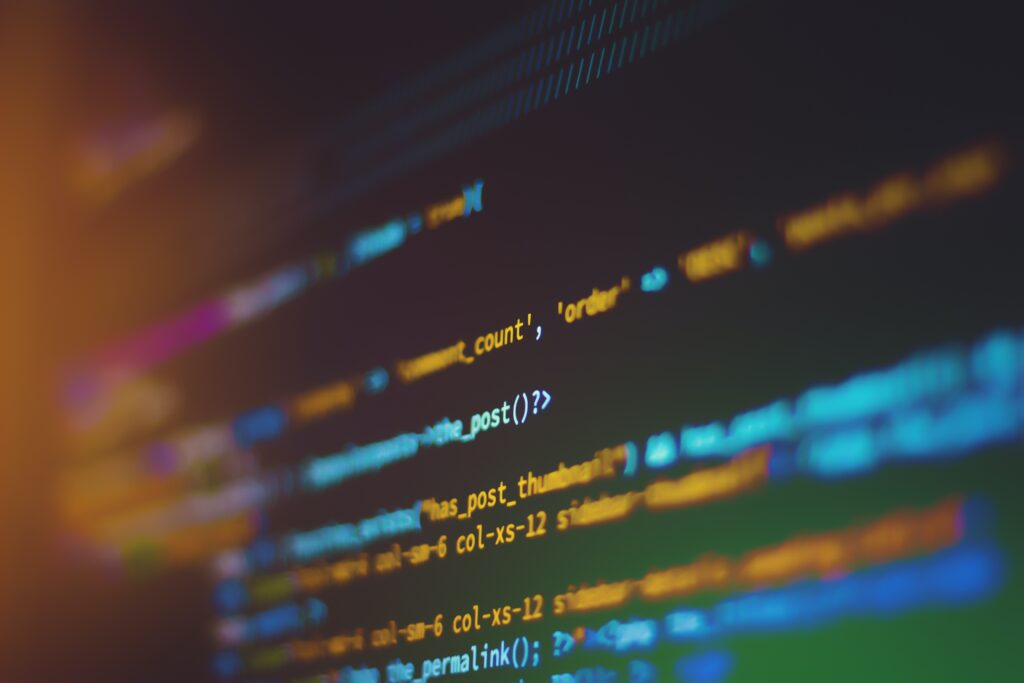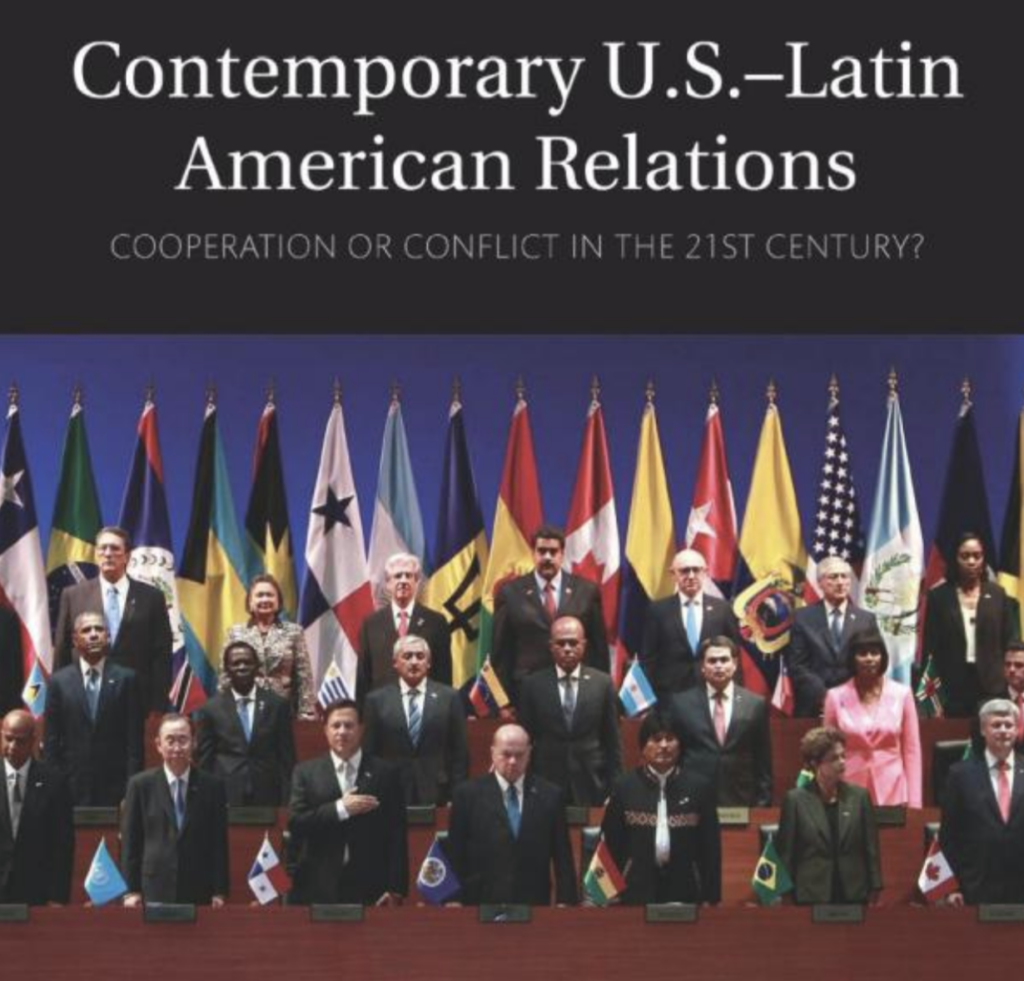In order to achieve zero carbon emissions, the US will need a plan. SDGPI is part of a coalition of the nation’s leading experts who have laid out the path forward to reach zero carbon emissions in the United States by 2050. Watch the Launch Read the Report Climate change represents a profound policy challenge to America and the world – requiring a response at a sweeping scale and with unprecedented speed centered on remaking the energy foundations of…
SDG 17
Progress on some means of implementation targets is moving rapidly: personal remittances are at an all-time high, an increasing proportion of the global population has access to the Internet and the Technology Bank for the Least Developed Countries has been established. Yet, significant challenges remain: ODA is declining, private investment flows are not well aligned with sustainable development, there continues to be a significant digital divide and there are ongoing trade tensions. Enhanced international cooperation is needed to ensure that sufficient means of implementation exist to provide countries the opportunity to achieve the Sustainable Development Goals.
Recent research at the School of Global Policy and Strategy
Technological transformations open new opportunities and disrupt old patterns. Founded in 2006, Center on Global Transformation (CGT) provides a new framework for vanguard exploration of topics critical to analyzing and shaping the forces of economic change in a deeply interconnected, thoroughly dynamic world. CGT and its Pacific Leadership Fellows program focus on academic inquiry and policy analysis of international issues. CGT’s core mission is to: Foster and disseminate research that addresses global economic and technology transformation Develop and maintain a network…
The mission of the UC San Diego Deep Decarbonization Initiative is to help guide a transition in the global economy toward net-zero carbon emissions. Our aim is to help real societies link the best science and technology with politically realistic economic strategies for putting new energy systems into place on the scale required to make a difference in global carbon emissions while meeting the energy needs of all of humanity. To accomplish this goal, we pursue research from the…
In order to achieve zero carbon emissions, the US will need a plan. SDGPI is part of a coalition of the nation’s leading experts who have laid out the path forward to reach zero carbon emissions in the United States by 2050. Watch the Launch Read the Report Climate change represents a profound policy challenge to America and the world – requiring a response at a sweeping scale and with unprecedented speed centered on remaking the energy foundations of…
The Japan Forum for Innovation and Technology (JFIT) bridges Japan and San Diego by offering information and introductions to businesses and policymakers across the Pacific. As part of San Diego’s larger push to build stronger connections with Japan, UC San Diego’s School of Global Policy and Strategy has established JFIT as a hub for interaction, exchange and collaboration, through research projects, conferences, networking events and global education programs. JFIT also provides regular information and discussion groups on the UC…
The Policy Design and Evaluation Lab (PDEL) is an international focal point for rigorous empirical research on the interplay of public policy, technology, and economic development. PDEL combines advanced social science methodology with the power of information technology to design policies and programs that alleviate poverty; promote health, welfare, and security; and enhance accountability. Why PDEL? UC San Diego and its scholars are at the leading edge of a movement to develop a new class of solutions to some of…
In order to achieve zero carbon emissions, the US will need a plan. SDGPI is part of a coalition of the nation’s leading experts who have laid out the path forward to reach zero carbon emissions in the United States by 2050. Watch the Launch Read the Report Climate change represents a profound policy challenge to America and the world – requiring a response at a sweeping scale and with unprecedented speed centered on remaking the energy foundations of…
The Regional Decarbonization Framework (RDF) anchors the San Diego region in emerging best practices from across the nation and globally. It charts science–based, feasible pathways toward expeditious deep decarbonization, proposing a paradigm shift in our local economy. The scale and pace of this effort will require partnerships between public and private sectors, particularly, business, labor and environmental communities. The input from these numerous stakeholders not only shaped the RDF itself, but initiated many of those collaborative efforts needed for…
In order to achieve zero carbon emissions, the US will need a plan. SDGPI is part of a coalition of the nation’s leading experts who have laid out the path forward to reach zero carbon emissions in the United States by 2050. Watch the Launch Read the Report Climate change represents a profound policy challenge to America and the world – requiring a response at a sweeping scale and with unprecedented speed centered on remaking the energy foundations of…
The SDSN USA is hosted by three universities: Howard, Carnegie Mellon, and UC San Diego. Together these universities, along with a network of more than 100 higher education institutions, are at the core of the SDSN USA. At UC San Diego, the SDG Policy Initiative is the organization that facilitates the connection. Explore SDSN USA The SDSN is a network of global development leaders created in 2012 by former UN Secretary General Ban Ki Moon and is charged with…
The FABLE Consortium has released its 2020 Report on Pathways to Sustainable Land-Use and Food Systems. Explore the latest trends in food and land-use with the new ‘Scenathon’ dashboard. Visit the FABLE Consortium Explore Scenathon Read Report Overview FABLE is a global consortium with teams of scientists in 20 countries modeling land use to 2050 in an integrated framework. Land use and land use change accounts for 23% of GHG emissions globally, biodiversity loss is accelerating at alarming rates, and…
Zero Carbon Action Plan
In order to achieve zero carbon emissions, the US will need a plan. SDGPI is part of a coalition of the nation’s leading experts who have laid out the path forward to reach zero carbon emissions in the United States by 2050. Watch the Launch Read the Report Climate change represents a profound policy challenge to America and the world – requiring a response at a sweeping scale and with unprecedented speed centered on remaking the energy foundations of our society. The move to a clean and renewable energy future must be advanced at the same time America works to recover from the most serious pandemic in a century and the parallel economic collapse triggered by COVID-19. The Zero
2024
Achyuta Adhvaryu
This paper investigates the impact of childhood exposure to conflict on later political beliefs and engagement in 17 sub-Saharan African countries. Despite the well-documented “conflict trap” in which regions with histories of conflict are at higher risk of future conflicts, the study finds that exposure to conflict during childhood (ages 0-14) has minimal standardized effects on later political attitudes and behaviors. This result holds across various definitions, specifications, and data sources. While previous research has suggested that conflict disrupts economic growth and can perpetuate violence, this study suggests that these effects are not primarily driven by changes in political beliefs and engagement during childhood. The research provides insights into the resilience of individuals and communities in the aftermath of
Achyuta Adhvaryu
This study examines the impact of workplace-based soft skills training on the productivity of Indian garment workers. The study finds that such training leads to significant productivity gains, with treated workers becoming 13.5% more productive than their untreated counterparts. These gains are particularly pronounced when trainees work in teams alongside their coworkers, emphasizing the importance of teamwork and collaboration skills. Interestingly, even untreated coworkers on the same production lines as the trained workers show increased productivity, suggesting positive spillover effects. However, despite the productivity improvements and higher promotion probabilities among trained workers, the study finds no effects on wages or worker retention, indicating labor market frictions. Nevertheless, the firm experiences substantial net returns, with a 256% return on investment
David Victor and Gordon McCord
The Zero Carbon Action Plan (ZCAP) will serve as a roadmap for the U.S. based on the latest modeling, research and understanding of decarbonizing six key sectors (power, transport, industry, buildings, food and land use, and materials) supported by technical pathways to zero carbon by 2050, as well as supporting policy recommendations. The ZCAP was designed by a cohort of nearly 100 researchers and 19 Chairs who make up the Zero Carbon Consortium, who are experts in their fields of climate change policy; clean energy pathways modeling; industrial policy high-employment green economies; legislative and regulatory policy; electricity (power) generation; transportation; industry; buildings; sustainable land-use; and sustainable materials management.
Zero Carbon Action Plan
In order to achieve zero carbon emissions, the US will need a plan. SDGPI is part of a coalition of the nation’s leading experts who have laid out the path forward to reach zero carbon emissions in the United States by 2050. Watch the Launch Read the Report Climate change represents a profound policy challenge to America and the world – requiring a response at a sweeping scale and with unprecedented speed centered on remaking the energy foundations of our society. The move to a clean and renewable energy future must be advanced at the same time America works to recover from the most serious pandemic in a century and the parallel economic collapse triggered by COVID-19. The Zero
2020
John Ahlquist
Most research on private governance examines the design and negotiation of particular initiatives or their operation and effectiveness once established, with relatively little work on why firms join in the first place. We contribute to this literature by exploring firms’ willingness to participate in two recent, high-profile private initiatives established in the aftermath of the Rana Plaza disaster in the Bangladesh ready-made garment (RMG) sector: the Accord on Building and Fire Safety and the Alliance for Worker Safety in Bangladesh. We are able to positively attribute only a minority of US RMG imports from Bangladesh to Accord and Alliance signatories. Firms headquartered in the USA were much less likely to sign onto remediation plans, especially the Accord.
Ulrike Schaede
San Diego’s innovation ecosystem offers new business opportunities for Japanese companies due to its close match to Japanese core industrial strengths, such as engineering, production technologies and infrastructure solutions. To be successful in San Diego, as compared to Silicon Valley, companies are advised to adopt a longer term investment horizon, an interest in future technologies that straddle existing industry borders, and the willingness to become an integral player in San Diego’s investment and startup community through immersion and inclusion.
2020
Katharine Ricke
This paper estimates the country-level contributions to the social cost of carbon (SCC) using recent climate model projections, empirical climate-driven economic damage estimations and socio-economic projections. Central specifications show high global SCC values (median, US$417 per tonne of CO2 (tCO2); 66% confidence intervals, US$177–805 per tCO2) and a country-level SCC that is unequally distributed.
Ellis Krauss
The book examines how and why Germany and Japan have modified their military postures since 1990 so far, and assesses how far the countries still have to go—and why. The contributors also highlight the risks the United States takes if it makes too simplistic a demand for the two countries to “do more.”
2019
Rafael Fernández de Castro
The United States and Mexico face a powerful onslaught of criminal activity damaging both countries. They need to step up cooperation now. U.S. threats are counterproductive. What if Mexico threatened a 25 percent tariff on American corn and soybeans unless U.S. citizens stopped providing the estimated $19-29 billion in drug sale profits each year to Mexican criminal groups? Or, what if Mexico threatened to impose tariffs on American pork until the United States stops the illegal flow of automatic weapons and ammunition across the shared border?
2019
Rafael Fernández de Castro
Over the more than two decades of free trade between Mexico and the United States (1994-2018), there has been an important alignment between the countries on strategic and security matters. This paper provides a road map for U.S.-Mexico bilateral cooperation on security matters for the next six years, under the presidency in Mexico of Andrés Manuel López Obrador. It offers concrete and implementable policy recommendations for the current context of U.S.-Mexican relations. Our recommendations for advancing Mexican and U.S. interests and promoting effective cooperation broadly fall into three categories of joint policy action: (1) aligning policy objectives, (2) deepening subnational cooperation, and (3) addressing chronic irritants.
Susan Shirk
The United States and China are on a collision course. The foundations of goodwill that took decades to build are rapidly breaking down. Many American opinion makers are starting to see China as a rising power seeking to unfairly undercut America’s economic prosperity, threaten its security, and challenge its values, while their Chinese counterparts are starting to see the United States as a declining power seeking to prolong its dominance by unfairly containing China’s rise.
David Victor
One of the most significant impacts of the United Nations Framework Convention on Climate Change (UNFCCC) has been the establishment of a participatory process for Reducing Emissions from Deforestation and Forest Degradation (REDD+). We analyse the case of Brazil, the country whose land-use emissions from deforestation and forest degradation have declined the most. Through semi-structured interviews with 29 country policy experts – analysed in full text around 7 categories of activities that existing literature identifies as central elements of an effective governance system – we find weak links between the international REDD+ system and what actually happens on the ground inside Brazil.
2019
Victor Shih
Contrary to research on the tradeoff between competence and loyalty, the model in this paper shows that when threats to an authoritarian regime are existential and purges are an option, the dictator will always prefer to employ a competent lieutenant. However, in accordance with the existing literature, credible institutions to ensure the welfare of ousted officials do, indeed, reduce the chance of internal conflict.
Weiyi Shi
This paper argues that the strategies firms employ to cope with political risks in authoritarian countries are often, due to a lack of institutionalized political access and credible commitments in those countries, extra-institutional; they require the accumulation of country-specific knowledge and political capital, and thus, are not easily transferable. Therefore, we expect that emerging-market multinational corporations from authoritarian countries do not favor other autocracies and are sensitive to political risks in host countries.
2018
Emilie Hafner-Burton
A growing number of developed country governments link good governance, including human rights, to developing countries’ access to aid, trade, and investment. We consider whether governments enforce these conditions sincerely, in response to rights violations, or whether such conditions might instead be used as a veil for protectionist policies, motivated by domestic concerns about import competition. We argue that the two-tiered structure of the GSP privileges some domestic interests at one level, while disadvantaging them at the other.
Tai Ming Cheung
The US and China can mitigate strategic competition in cyberspace by building channels of cybersecurity cooperation through dialogue and joint action in areas where their interests align.
Peter Cowhey
Many researchers around the world are working to apply gene editing technologies with the hope of safely and effectively engineering populations of insects and other pest arthropods in the wild either to reduce diseases, such as malaria or dengue fever, or to control agricultural pests, such as those that transmit the bacterium that causes citrus greening disease. Important benefits could be realized if these research efforts are successful, but realizing these benefits requires sustained, open, and inclusive attention to potential environmental and social impacts and regulatory and implementation challenges.
2017
Rafael Fernández de Castro
This book presents an overview of inter-American relations during the first two decades of the twenty-first century.


